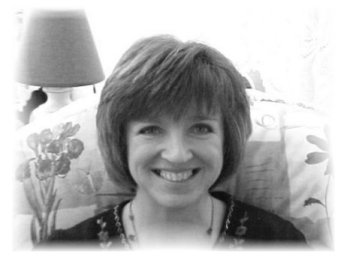 As a trained coach, I quickly saw the benefits of using powerful questions with my clients. Powerful, not in the sense of being challenging or overtly direct, but just asking the right question based on my observations of what they were saying. Questions also based on what they were not saying.
As a trained coach, I quickly saw the benefits of using powerful questions with my clients. Powerful, not in the sense of being challenging or overtly direct, but just asking the right question based on my observations of what they were saying. Questions also based on what they were not saying.One of my clients struggled with finding focus in her life. As we worked through a layout of her day, I wondered how she managed to find the time to eat! As we then began to chunk down all of her tasks, I asked her what things she wanted to do and what things she felt she 'had to do'. As she did this I notice that she said 'I should...' about some of the tasks.
I pointed this out to her and asked her how great doing something she felt she should do was. Naturally she replied that it was pretty rubbish, and that she wanted to do the things she wanted to do, not should do.
By working on self questions like this we can quite easily identify aspects of our days that drain our energy, and replace them with things that energise us. My client shaved off half off her workload by allocating some of it to other people, and started to enjoy her days doing as she wished to do - which was to build a new business.
One of the questions I ask myself when making a decision on a task is, 'Will doing this enhance my life/growth/business/relationships [any one thing can apply] or take something away from it?'
Getting into a coaching mindset of asking open questions can significantly improve the way that you deal with day to day difficulties, particularly in relationships.
Jan
Tel: 0800 634 3320
http://www.womenssuccesscoach.co.uk/
http://www.thepeoplewhisperers.co.uk/
http://www.helpforcancer.co.uk/
JAN'S PODCAST
 There is one person in your life that puts you under more pressure than anyone else.
There is one person in your life that puts you under more pressure than anyone else.




